Palm Oil Orangutan
Palm oil an ingredient found in many everyday food and cosmetic products is contributing to the rapid deforestation in Sumatra. In the eyes of the general public oil palm development is a major threat to the survival of orangutans.
 Orangutan Numbers Drop As Much As 30 In Malaysian Palm Oil Estate Forests Wwf Se Asia The Jakarta Post
Orangutan Numbers Drop As Much As 30 In Malaysian Palm Oil Estate Forests Wwf Se Asia The Jakarta Post
Palm oil is used in everything from snack foods to soaps.
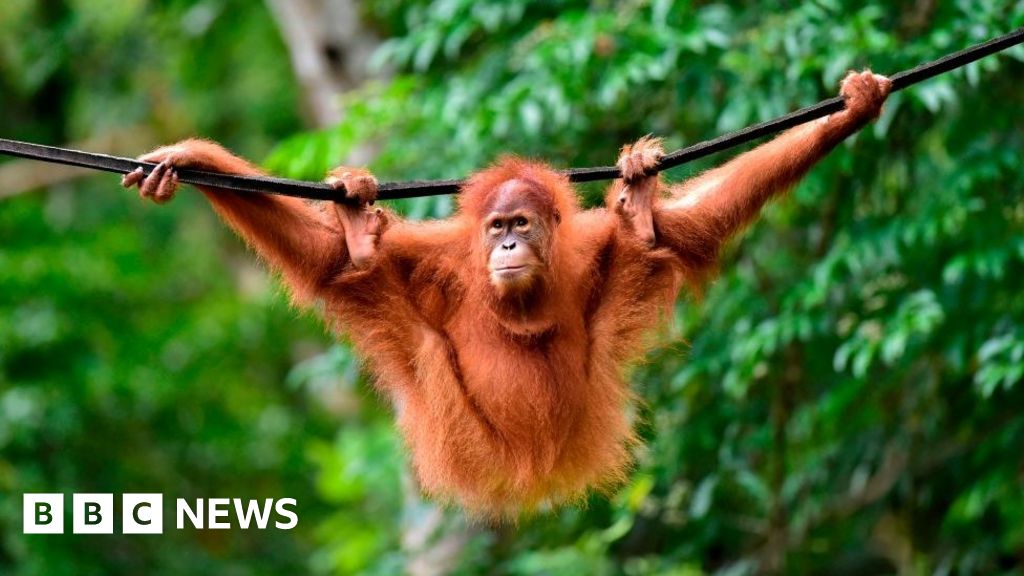
Palm oil orangutan. It is mostly grown in Indonesian and Malaysia - the only places on earth where wild orangutans live - although this crop is expanding into Africa and South America. Palm Oil Threatens Orangutans What is Happening. That perception is correct especially in Kalimantan where many industrial and small-scale plantations have been developed in areas formerly occupied by orangutans.
These trees are grown in palm oil plantations which are devastating the country of Indonesia. Sadly many oil palm companies consider the orangutan as a pest as they often tend to destroy young palm plants in the hope of finding food. Forest clearing for palm oil plantations and illegal logging are driving massive deforestation.
In the last 20 years over 35 million hectares of Indonesian and Malaysian forest have been destroyed to make way for palm oil. There are now only 400 Sumatran tigers. Palm oil is a vegetable oil derived from the African oil palm tree.
These plantations are a big contributor to the critical endangerment of wild orangutans. Choosing sustainable palm oil can save orangutans not only in as much as not hurting them but also in working to providing solutions for them Michelle explains. Almost 80 of orangutan habitat has disappeared in the last 20 years.
Why palm oil kills orangutans an animated short story - YouTube. The palm oil and timber industries are guilty of truly horrific ecological atrocities one of which is the systematic genocide of orangutans. Palm oil is a type of vegetable oil made from the fruit of the African oil palm tree which.
Despite those struggles last year brought hope for these great apes. That habitat destruction is exposing wildlife to more conflict with humans. Many people are lured to Indonesia and Malaysia because of the palm oil industry.
Palm oil is an edible vegetable oil that comes from the fruit of oil palm trees. Palm oil is the leading cause of orangutan extinction. It is found in over half all packaged items on our supermarket shelves.
During the past decade the orangutan population has decreased by approximately 50 percent in the wild. Palm Oil Plantations Endangering Orangutans. The real victims of the palm oil industry are orangutans.
That is why we are working with the PONGO Palm Oil and NGO Alliance so that we are reforesting areas or creating corridors for orangutans to move through them. Palm oil is traded around the world and is used in nearly half of all of the. Orangutan habitat in Sumatra and Borneo is being cleared at an alarming rate for conversion to oil palm plantations.
Millions of acres of rainforest in Borneo and Sumatra are cut down each year to create more oil palm plantations. Another opinion piece in the Globe and Mail also suggested that knowing the impacts of palm oil on southeast Asian forests indigenous people and endangered animals like orangutans makes the use of it in our dairy industry ethically questionable and in breach of its moral contract with Canadians. Its in 50 of all household and food products sold in the West.
Palm oil is the most widely produced edible vegetable oil. Its an ingredient in shampoo toothpaste detergent frozen microwave dinners cookies peanut butter lotion makeup and much more. In the absence of bullets they are beaten.
Surging global demand for palm oil has fueled massive forest destruction throughout Indonesia and. This is primarily due to human activities including rainforest destruction for palm oil plantations. We are losing over 6000 orangutans a year.
It is harvested from the African oil palm tree a tree that flourishes wherever heat and rainfall are abundant. According to COP Centre For Orangutan Protection Orangutans poaching is done deliberately as a policy made by palm oil corporations These corporations hire local people as pest control. Palm oil is the most widely used vegetable oil in the world having even surpassed soya in terms of usage.
The Role of Palm Oil in Orangutan Conservation. But orangutans like Hope are the real victims says. When the forest is cleared adult orangutans are generally shot on sight.
A Threat to Orangutan Populations Indigenous People and Biodiversity - One Green Planet In 2015 alone the area of Indonesian forest burned for palm oil. The main threat to the survival of orangutan populations in the wild is the massive expansion of palm oil plantations in Borneo and Sumatra. The single greatest threat facing wild orangutans today is the rapidly expanding palm oil industry.
Many items sold today originating from Indonesia are made from materials that come from these vanishing rainforests or are related to the endangered species that are fast disappearing from these forests. Poaching for the illegal pet trade is also threatening orangutans. Palm Oil Deforestation.
 How Palm Oil Products Are Killing Orangutans The Orangutan Trekking Tours Blog
How Palm Oil Products Are Killing Orangutans The Orangutan Trekking Tours Blog
 Why Should We Avoid Palm Oil Vegan Foodie Travel
Why Should We Avoid Palm Oil Vegan Foodie Travel
 Palm Oil A Dark Future For Orangutans The Great Projects
Palm Oil A Dark Future For Orangutans The Great Projects
 Orangutan Rescued In Tripa As Palm Oil Plantations Close In Orangutan Conservancy
Orangutan Rescued In Tripa As Palm Oil Plantations Close In Orangutan Conservancy
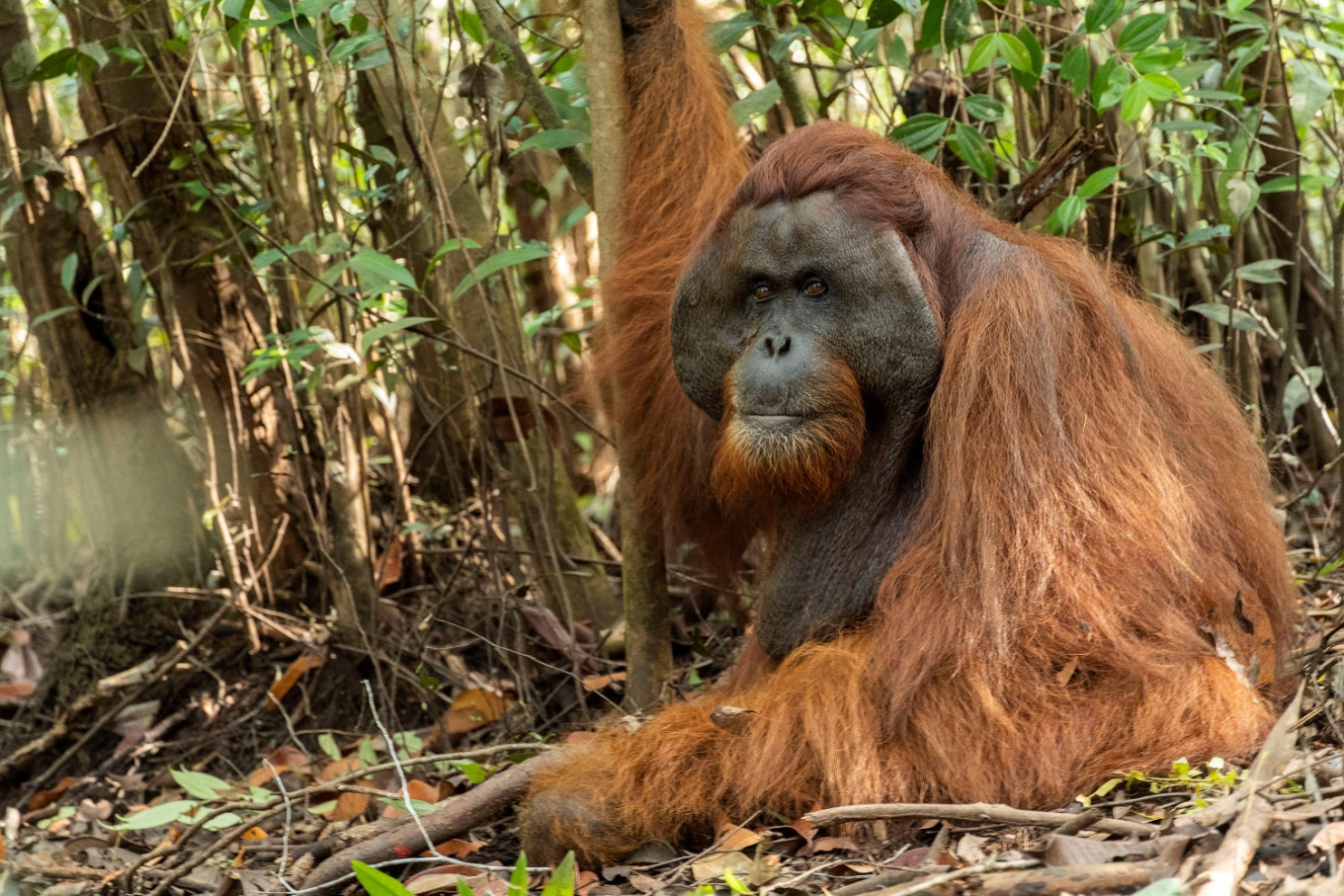 Orangutan Found On Palm Oil Plantation Returned To The Wild Environment The Jakarta Post
Orangutan Found On Palm Oil Plantation Returned To The Wild Environment The Jakarta Post
 Why Palm Oil Destroys Our Rainforest And Kills Orangutans Local Guides
Why Palm Oil Destroys Our Rainforest And Kills Orangutans Local Guides
 A Palm Oil Alternative Could Help Save Rainforests Bbc News
A Palm Oil Alternative Could Help Save Rainforests Bbc News
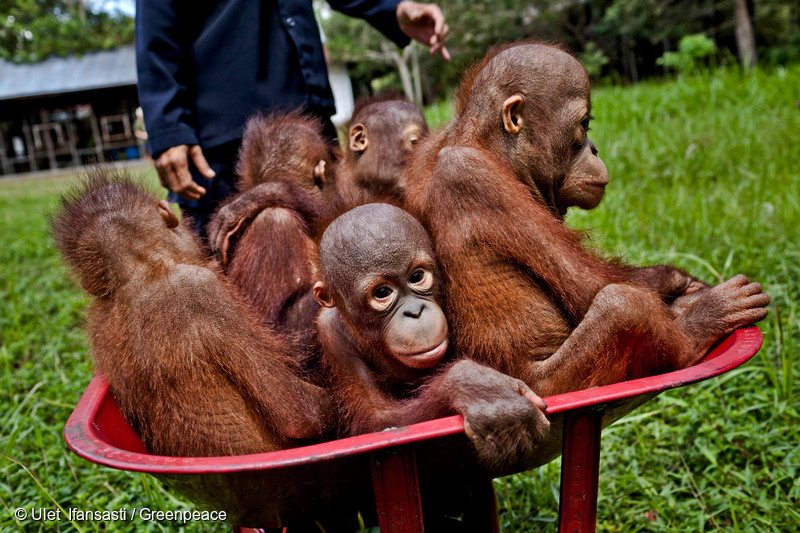 How Fixing Palm Oil Could Save Orangutans From Extinction Greenpeace Usa
How Fixing Palm Oil Could Save Orangutans From Extinction Greenpeace Usa
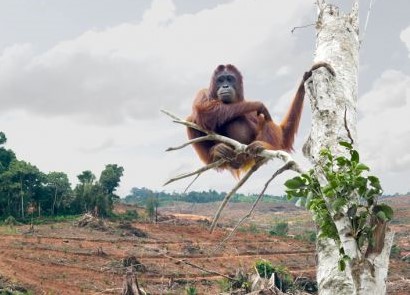 Habitat Destruction Of The Indonesian Orangutans
Habitat Destruction Of The Indonesian Orangutans
 Orangutans And Palm Oil Protecting Forests To Help Great Apes Magazine Articles Wwf
Orangutans And Palm Oil Protecting Forests To Help Great Apes Magazine Articles Wwf
 How Palm Oil Products Are Killing Orangutans The Orangutan Trekking Tours Blog
How Palm Oil Products Are Killing Orangutans The Orangutan Trekking Tours Blog
 Ap Photos Palm Oil Kills Orangutans In Indonesia Peat Swamp
Ap Photos Palm Oil Kills Orangutans In Indonesia Peat Swamp
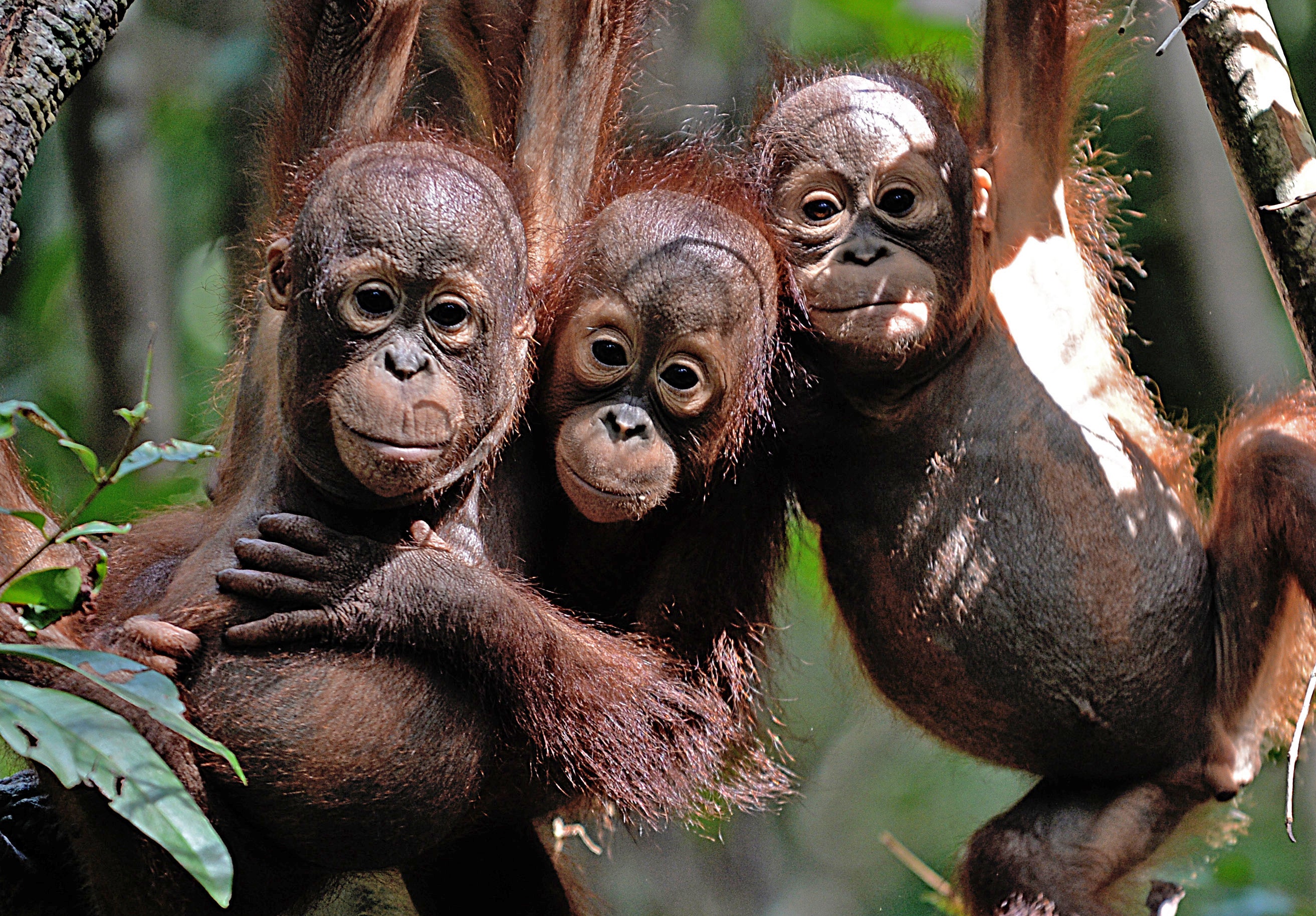 Orangutans Are Hanging On In The Same Palm Oil Plantations That Displace Them Scientific American
Orangutans Are Hanging On In The Same Palm Oil Plantations That Displace Them Scientific American
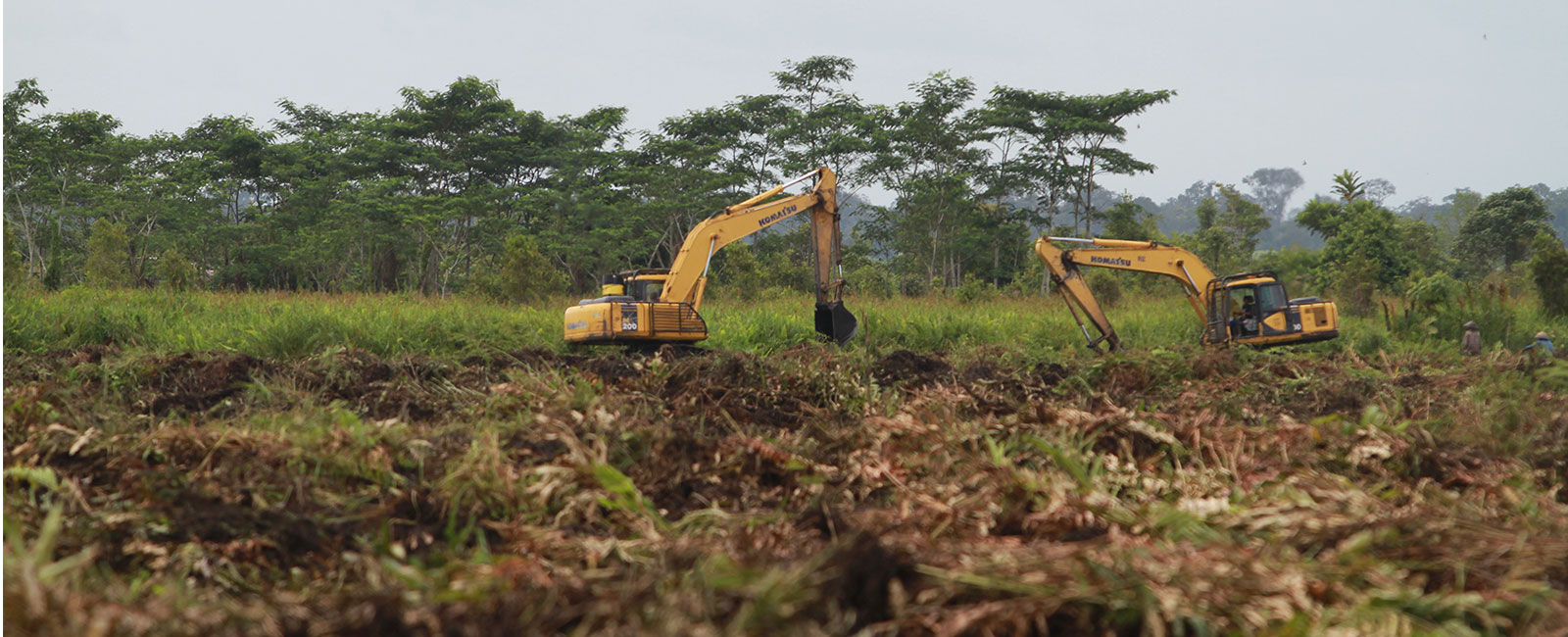
Comments
Post a Comment